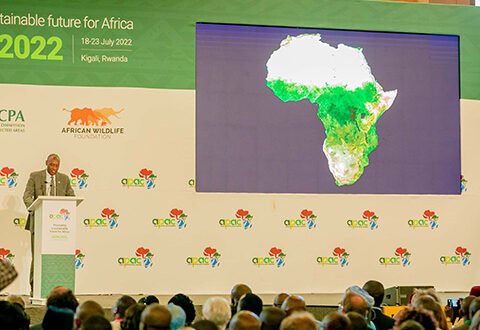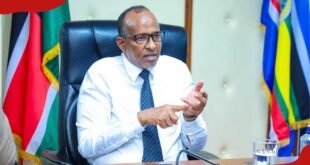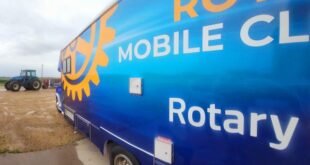The Struggle for Sustainable Funding in African Development
As global financial aid continues to decline, the challenges faced by low-income countries are becoming increasingly complex. Experts have raised concerns about the growing risks that this decline poses, urging regional stakeholders to seek alternative funding sources to support development initiatives. This shift is particularly critical for African nations, which rely heavily on external assistance for infrastructure, health, and education projects.
At a recent online briefing titled “African Transformation,” Valerie Dabady, Manager of Resources and Partnerships at the African Development Fund (ADF), highlighted the impact of these changing conditions on the ADF’s ability to secure resources during its 17th replenishment cycle. The ADF, as the concessional financing arm of the African Development Bank, plays a crucial role in providing grants and low-interest loans to the poorest and most vulnerable countries across sub-Saharan Africa.
Every three years, the ADF seeks contributions from donors, including European nations and the United States, to fund development projects. However, with global aid dwindling, the ADF faces significant hurdles in meeting its financial goals. This has led to calls for stronger collaboration among African financial institutions and a greater emphasis on leveraging local resources.
The briefing, organized by the African Center for Economic Transformation (ACET) and its partners, aimed to stimulate discussions on the challenges facing Africa’s development and promote the formation of stronger coalitions. During the event, Dabady emphasized the importance of forming strategic partnerships and encouraging existing supporters to increase their contributions. She also urged African countries to look inward and explore their own sources of funding to reduce dependency on external aid.
In addition to strengthening relationships with traditional donors, the ADF is exploring new opportunities to fill the resource gap. One such initiative involves forging closer ties with Gulf Nations, who could potentially provide additional financial support. This move reflects the growing need for diversification in funding sources.
Earlier this year, the outgoing President of the African Development Bank, Akinwumi Adesina, announced an ambitious target of raising $25 billion during the current replenishment campaign. This is a significant increase from the $9 billion raised during the 16th cycle. However, experts suggest that even meeting the previous target would be a major achievement given the current fundraising challenges.
According to a report by the Center for Global Development (CGD), the ADF faces potential shortfalls that could be substantial. These challenges are compounded by the wide range of activities the ADF supports, from investments in infrastructure and agriculture to health and education programs, as well as non-project operations like technical assistance.
Zambia serves as a prime example of how the ADF has supported national and regional development. Joseph Chanda, Zambia’s Assistant Director for Regional Management, highlighted that the country has been accessing ADF resources since 2018, especially during periods of economic difficulty. He noted that ADF financing has contributed to the development of national and cross-border transport systems, energy infrastructure, and projects related to livestock management and irrigation support.
For Chanda, the continued availability of ADF resources is essential in addressing the ongoing needs of developing nations. As global aid becomes less predictable, the role of the ADF and other regional financial institutions becomes even more vital in ensuring sustainable development across the continent.
 Info Malang Raya Its All About World News
Info Malang Raya Its All About World News




